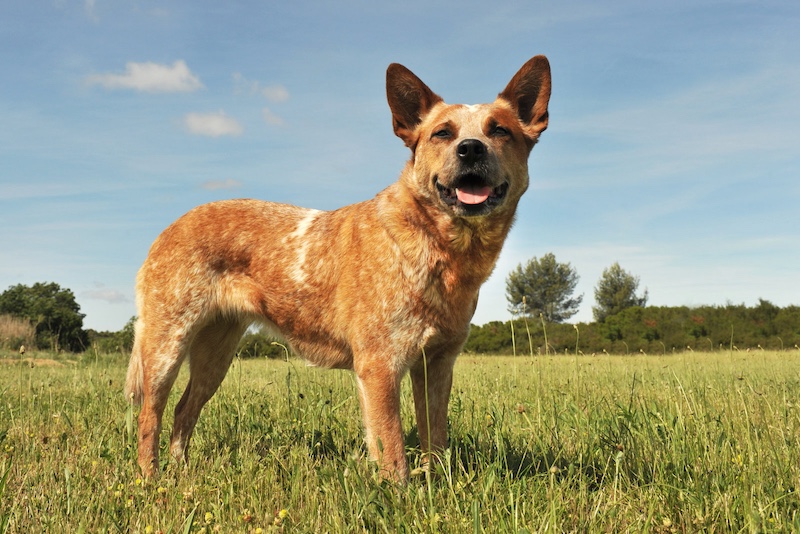Dogs have been our loyal companions for thousands of years, but their intelligence often goes underestimated. Research has revealed that our furry friends are capable of remarkable feats of cognition and emotional awareness. Here are ten surprising reasons dogs are smarter than we think.
1. Dogs Can Understand Human Words

It’s well-known that dogs respond to commands like “sit” or “stay,” but their understanding goes far beyond simple obedience. Studies have shown that some dogs can recognize up to 200 words and even differentiate between similar-sounding commands. For example, a border collie named Chaser demonstrated the ability to remember the names of over 1,000 objects, highlighting just how adept dogs can be at processing language.
2. They Can Interpret Human Emotions

Ever notice your dog snuggling up to you when you’re feeling down? Dogs are masters of reading emotional cues, including facial expressions and tone of voice. They can detect subtle changes in our behavior, responding with empathy and comfort. This emotional intelligence is one reason why dogs make excellent therapy animals.
3. Dogs Are Problem Solvers

Dogs are capable of remarkable problem-solving skills, especially when motivated by food or toys. Whether it’s figuring out how to open a door, retrieve a hidden treat, or navigate a puzzle toy, dogs show creativity and persistence in overcoming challenges.
4. They Have an Incredible Sense of Time

Dogs don’t wear watches, but they have a keen sense of time. They can anticipate daily routines, such as meal times or walks, down to the minute. This time awareness demonstrates their ability to recognize patterns and adapt to schedules, a clear sign of intelligence.
5. Dogs Can Learn by Observation

Dogs are not just reactive creatures; they can also learn through observation. For example, they might watch you open a cabinet and then mimic the action to access their favorite snacks. This ability to learn by watching others is a sign of advanced cognitive functioning.
6. They Can Detect Illnesses

Dogs’ extraordinary sense of smell goes beyond sniffing out treats or finding a hidden toy. Some dogs are trained to detect illnesses such as cancer, diabetes, or seizures in humans. Even untrained dogs have been known to alert their owners to health issues, showing an innate ability to detect subtle changes in body chemistry.
7. Dogs Understand Fairness

Researchers have observed that dogs understand the concept of fairness. In experiments, when one dog receives a treat for performing a task while another does not, the unrewarded dog often refuses to continue. This sense of equity demonstrates their ability to process complex social dynamics.
8. They Can Remember Past Events

Dogs are capable of episodic memory, meaning they can recall specific events. For instance, they might remember where they buried a bone or the location of their favorite park. This ability to recall past experiences allows them to adapt their behavior based on previous encounters.
9. Dogs Can Read Our Intentions

Dogs have an uncanny ability to predict human actions. Whether it’s anticipating that you’re about to leave the house or recognizing when it’s playtime, dogs seem to understand what you’re planning before you even act. This skill stems from their close observation of our body language and habits.
10. They Exhibit Self-Awareness

While self-awareness in dogs is a topic of ongoing research, there is evidence that they recognize themselves in certain contexts. For instance, dogs can recognize their reflection in a mirror as a tool rather than another dog, using it to check for something on their face. This behavior suggests a level of cognitive sophistication often underestimated in animals. Please Note: This content was created with the assistance of AI and thoroughly edited by a human before publishing.

